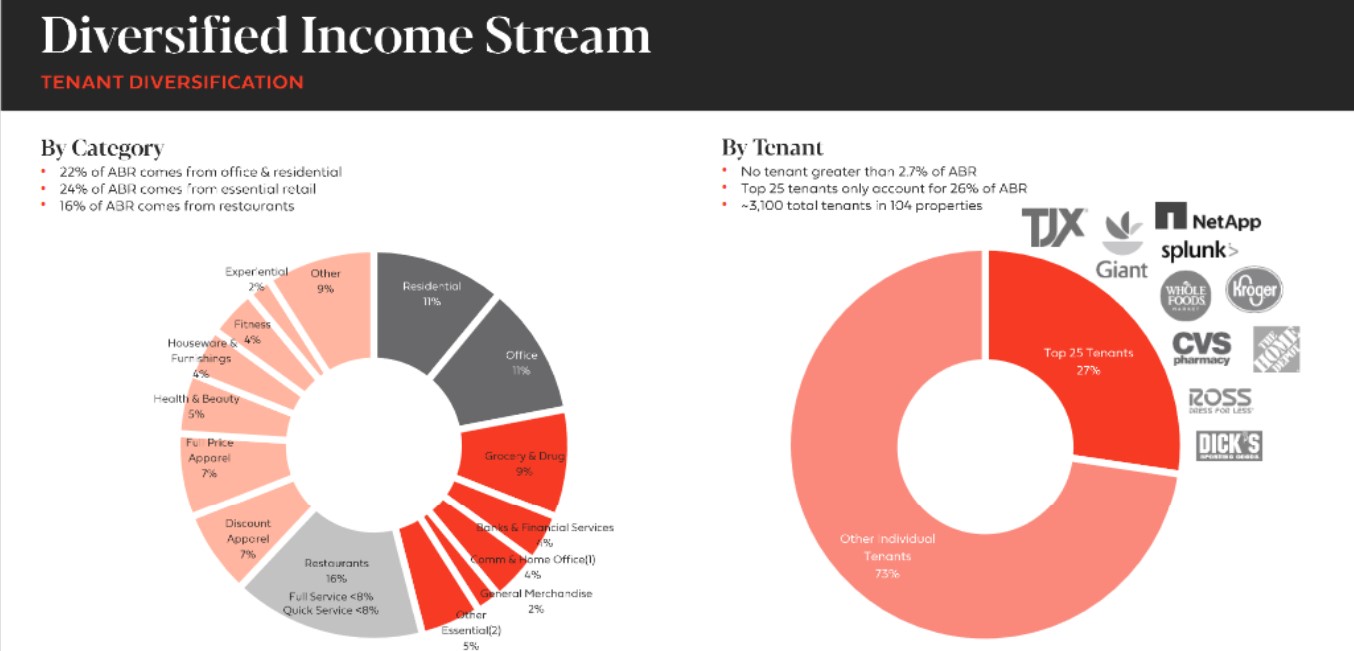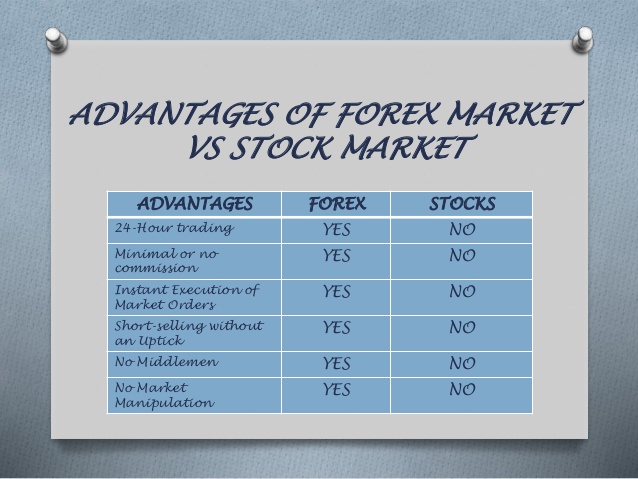
An exchange-traded mutual fund (ETF), is an option for those who are interested in investing in real property but don't want to spend the money on a purchase. You can invest in exchange-traded funds if you own or manage real estate properties. These funds have a lower buy-in than crowdfunding projects. These investments permit you to make small incremental investments unlike crowdfunding projects.
Investing commercial property
A common way to invest in property commercially is to use real estate investment trusts. These funds are able to invest in real estate securities while also receiving tax advantages for owning commercial property. You can also invest in a portfolio of commercial real estate through a mutual fund. The disadvantages of non-public REITs include low liquidity, high fees, and limited transparency. But, this method does have its benefits.

Investing in real estate ETFs
While investing in Real estate ETFs can prove to be a great way to invest for your financial futures, there are some downsides. Real estate is a complex industry. It is not easy to invest in individual properties in a particular market. ETFs provide a great option to diversify your portfolio, while also avoiding the dangers of real estate investment. ETFs are simple to manage, buy and sell and have low costs. Online brokerage dashboards allow investors to purchase ETFs.
Partnering with other investors
For those with limited capital, investing in realty without purchasing property might be the best solution. While you can invest without owning any money, you should have a reliable network to help you. Here are some tips for investing in real estate, even if you don't own property. Publicly traded companies include hotels, real estate, and construction companies. The real estate market affects the stock prices of these companies.
Investing in REITs
There are both benefits and drawbacks to investing without buying property in REITs. Although these funds may require a minimum investment, they can be more flexible than individual property investments. You may not get as much benefit if your neighborhood's value increases. REITs are subject to market fluctuations. However, REITs can still bring in a decent income, even if your goal is to purchase a property.

Investing individually in properties
Real estate investment vehicles can be a great way for you to get exposure to property market without having spend a lot. While traditional real estate investment vehicles required large amounts of capital, these vehicles require relatively small amounts of money to start. Investing in individual properties can be as easy as picking a neighborhood, and there are many crowdfunding options that can allow you to invest as little as a few dollars.
FAQ
What's the difference between marketable and non-marketable securities?
The principal differences are that nonmarketable securities have lower liquidity, lower trading volume, and higher transaction cost. Marketable securities, on the other hand, are traded on exchanges and therefore have greater liquidity and trading volume. Marketable securities also have better price discovery because they can trade at any time. This rule is not perfect. There are however many exceptions. For example, some mutual funds are only open to institutional investors and therefore do not trade on public markets.
Marketable securities are more risky than non-marketable securities. They generally have lower yields, and require greater initial capital deposits. Marketable securities can be more secure and simpler to deal with than those that are not marketable.
A large corporation bond has a greater chance of being paid back than a smaller bond. Because the former has a stronger balance sheet than the latter, the chances of the latter being repaid are higher.
Because of the potential for higher portfolio returns, investors prefer to own marketable securities.
How are share prices set?
Investors decide the share price. They are looking to return their investment. They want to make a profit from the company. They then buy shares at a specified price. Investors make more profit if the share price rises. If the share value falls, the investor loses his money.
An investor's main goal is to make the most money possible. They invest in companies to achieve this goal. It allows them to make a lot.
How does Inflation affect the Stock Market?
Inflation affects the stock markets because investors must pay more each year to buy goods and services. As prices rise, stocks fall. That's why you should always buy shares when they're cheap.
Statistics
- Individuals with very limited financial experience are either terrified by horror stories of average investors losing 50% of their portfolio value or are beguiled by "hot tips" that bear the promise of huge rewards but seldom pay off. (investopedia.com)
- US resident who opens a new IBKR Pro individual or joint account receives a 0.25% rate reduction on margin loans. (nerdwallet.com)
- For instance, an individual or entity that owns 100,000 shares of a company with one million outstanding shares would have a 10% ownership stake. (investopedia.com)
- Ratchet down that 10% if you don't yet have a healthy emergency fund and 10% to 15% of your income funneled into a retirement savings account. (nerdwallet.com)
External Links
How To
How to Invest Online in Stock Market
Stock investing is one way to make money on the stock market. You can do this in many ways, including through mutual funds, ETFs, hedge funds and exchange-traded funds (ETFs). The best investment strategy is dependent on your personal investment style and risk tolerance.
To be successful in the stock markets, you have to first understand how it works. This involves understanding the various types of investments, their risks, and the potential rewards. Once you are clear about what you want, you can then start to determine which type of investment is best for you.
There are three main categories of investments: equity, fixed income, and alternatives. Equity refers to ownership shares in companies. Fixed income refers to debt instruments such as bonds and treasury notes. Alternatives include commodities like currencies, real-estate, private equity, venture capital, and commodities. Each option comes with its own pros and con, so you'll have to decide which one works best for you.
There are two main strategies that you can use once you have decided what type of investment you want. One strategy is called "buy-and-hold." You purchase a portion of the security and don't let go until you die or retire. The second strategy is "diversification". Diversification means buying securities from different classes. For example, if you bought 10% of Apple, Microsoft, and General Motors, you would diversify into three industries. Multiplying your investments will give you more exposure to many sectors of the economy. This helps you to avoid losses in one industry because you still have something in another.
Another key factor when choosing an investment is risk management. Risk management allows you to control the level of volatility in your portfolio. You could choose a low risk fund if you're willing to take on only 1% of the risk. On the other hand, if you were willing to accept a 5% risk, you could choose a higher-risk fund.
Knowing how to manage your finances is the final step in becoming an investor. The final step in becoming a successful investor is to learn how to manage your money. You should have a plan that covers your long-term and short-term goals as well as your retirement planning. That plan must be followed! Do not let market fluctuations distract you. You will watch your wealth grow if your plan is followed.